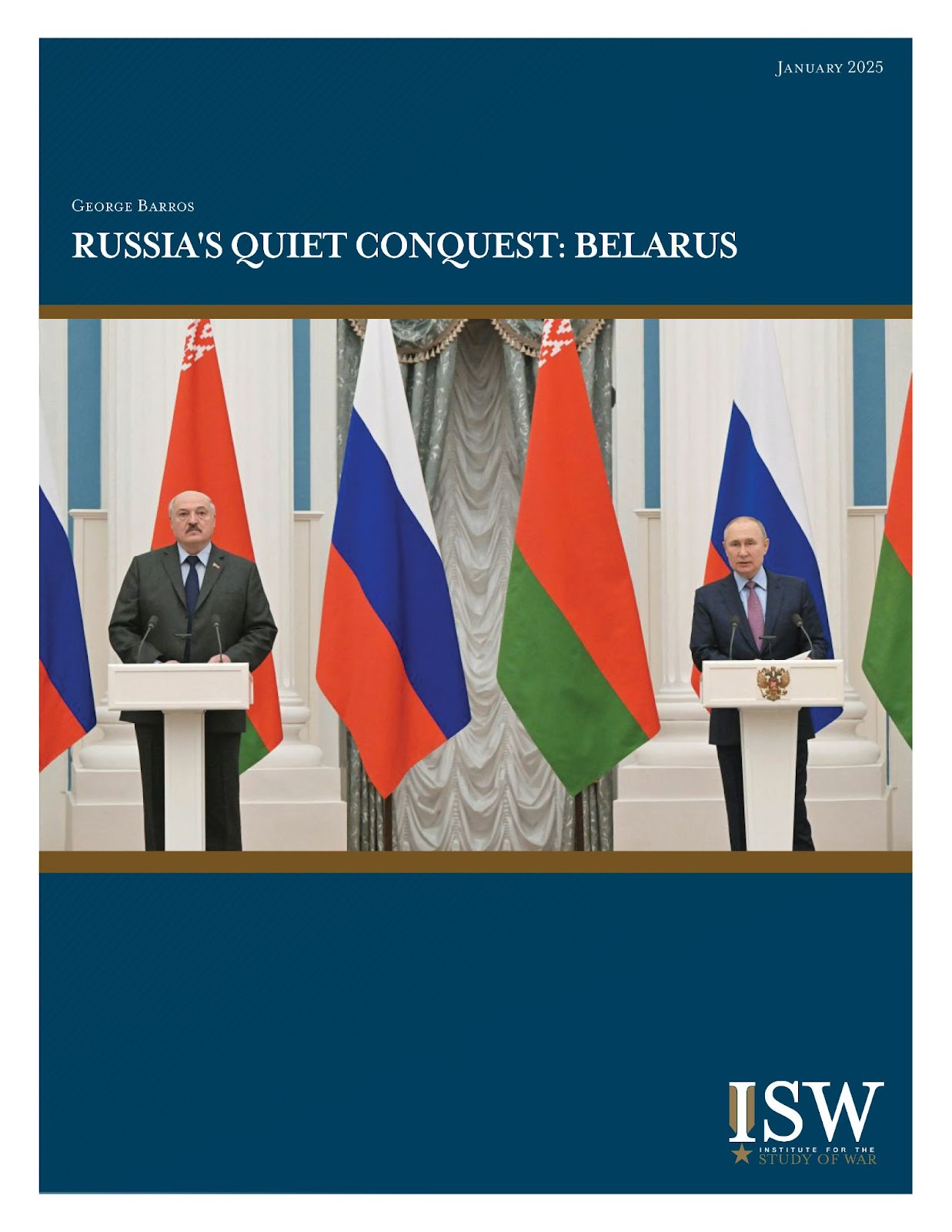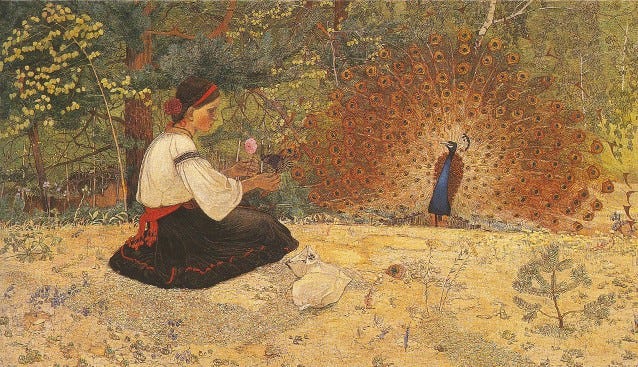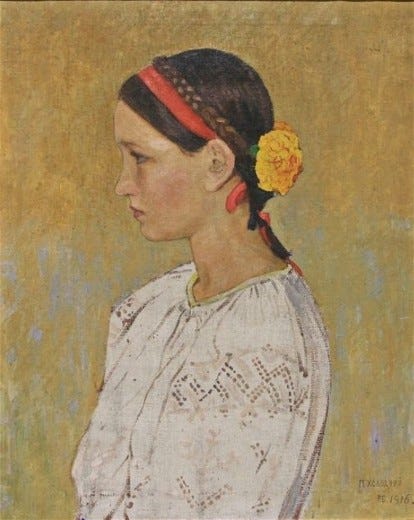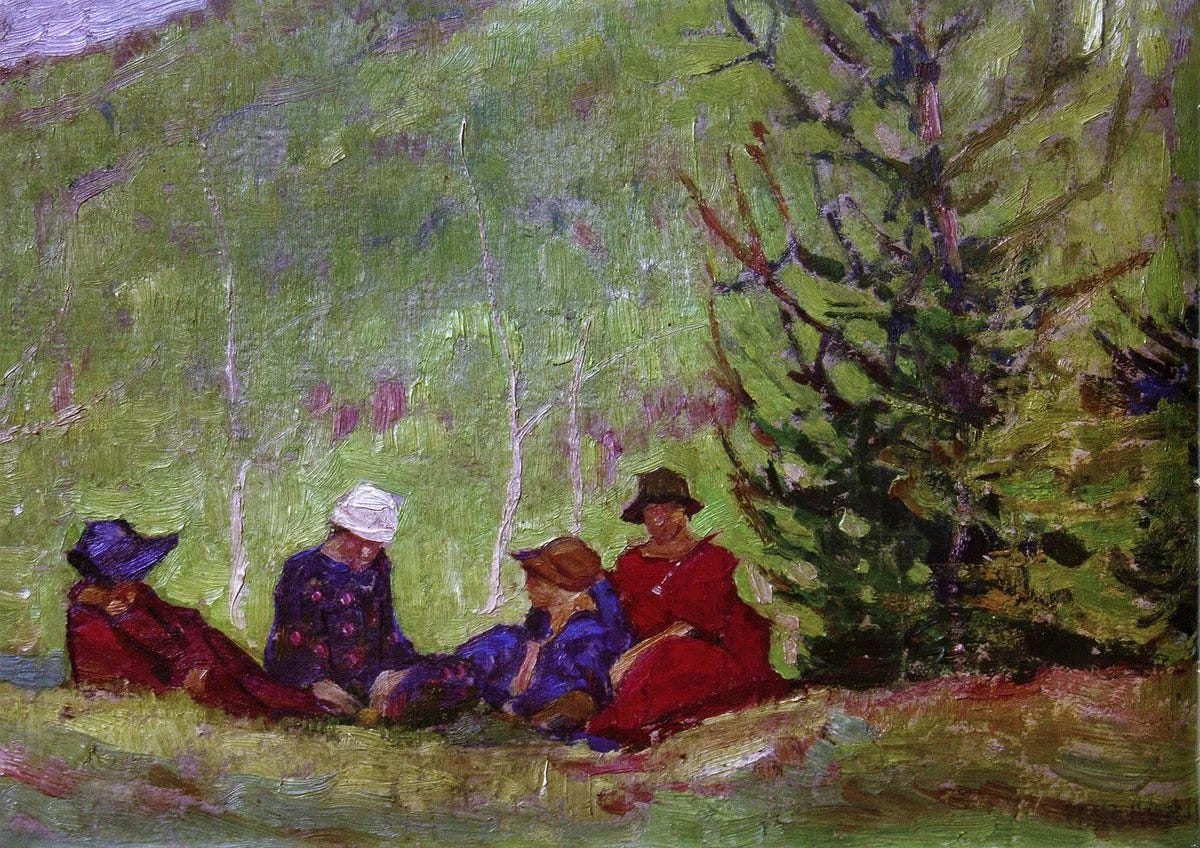Eastern Neighborhood Bulletin Newsletter - 1/16/2025
Headlines and more from Belarus, Ukraine, Moldova, Georgia, Armenia and Azerbaijan.
Headlines on 1/16/2025
Details Emerge on What Russia-Ukraine Negotiations May Look Like: With Donald Trump taking the oath of office of the President of the United States this month, details are emerging indicating what Russia-Ukraine negotiations, which Trump has promised to push for, will look like. On January 15 Bloomberg reported that Russia’s position will be that Ukraine give up on membership of NATO, agree to restrict the capacity of its military, and that any weapons provided to Ukraine by NATO members not be allowed to be used against Russia. While Ukrainian officials, in light of Trump’s election victory, have begun to express willingness to engage in talks, these conditions will likely be seen as unacceptable given their intrusion on Ukrainian sovereignty.
Meanwhile, in Washington D.C., Senator Marco Rubio, Trump’s nominee for Secretary of State, described the war in Ukraine as a “stalemate” that “has to end.” He went on to state “there will have to be concessions — made by the Russian Federation, but also by the Ukrainians… It is also unrealistic to believe that somehow a nation the size of Ukraine is gonna push [Russian troops] all the way back to where they were on the eve of the invasion."
Source: Bloomberg, Kyiv Independent
Armenia Signs Strategic Partnership with the United States: Alongside U.S. Secretary of State Antony Blinken, Armenia’s Foreign Minister, Ararat Mirzoyan signed a strategic partnership charter in Washington D.C. on January 14. According to Blinken, the agreement will be followed up by further U.S.-Armenia military drills, which first occurred in 2023, and a visit by a U.S. Border Control and Customs team to Armenia. Historically, Armenia has relied on Russia for defense, and has hosted Russian troops since 1991. Some Russian troops, such as border guards, have been withdrawn from Armenia in recent years as Yerevan pivots westward geopolitically.
Source: OC Media
Armenia Gives Mixed Messages on EU Interest: On January 9, Armenia’s Foreign Minister, Ararat Mirzoyan stated that the government of Prime Minister Nikol Pashinyan has a “positive stance” on a proposed piece of Armenian legislation that would “launch of the process of the Republic of Armenia’s accession to the European Union,” in what was the most clear endorsement of an EU application made yet by an Armenian elite. However, within a few days Armenian Economy Minister Gevorg Papoyan provided seemingly contradictory statements, expressing that Armenia was not “thinking about replacing the Eurasian Economic Union” and that “The EU accession process is a parallel agenda.” Leaving the Moscow-backed Eurasian Economic Union would undoubtedly be required by Brussels as part of any accession process.
Source: OC Media
Verkhovna Rada Votes to Recognize Circassian Genocide, Endorses “Self Determination”: On January 9, Ukraine’s parliament, the Verkovna Rada, voted unanimously to recognize the 19th century mass killings and deportations of Circassians from the North Caucasus as a genocide and called for “support for the peoples enslaved by Russia in their desire to respect their language, traditions and history, defend their identity and the right to free development.” The Rada had previously voted in recent years to recognize Tsarist and Soviet-era atrocities against Chechens and Ingush as genocides. In 2023, the Kyiv’s parliament also voted to recognize Chechnya as under “temporary” occupation.
Source: Verkhovna Rada
Former Georgian Prime Minister Assaulted in Likely Political Attack: On January 15, a group of roughly 10 men assaulted Gigorgi Gakharia, a former Georgian prime minister who now heads the For Georgia opposition party, as well as Zviad Koridze, a journalist and employee of Transparency International Georgia. Reportedly, Gakharia was briefly hospitalized due to injuries including a broken nose and concussion. For Georgia has claimed the assault was politically motivated and carried out by a group of Georgian Dream (GD) members, including a sitting Member of Parliament. The assault occurred in Batumi, Georgia’s coastal city.
Source: Reuters
Ukraine Released Footage of Captured North Korean Soldiers: Ukrainian President Volodymir Zelensky has released footage claiming to show the interrogation of two captured North Korean soldiers. The soldiers, who were supposedly captured around Russia’s Kursk region, state that they were told by their commanding officers that they were on a “training mission” and appeared to express confusion at what was going on. Zelensky later expressed that Ukraine would be willing to swap the captured North Koreans in return for captured Ukrainian servicemen.
Source: CNN, Washington Post
What I’m Reading
Ok, admittedly, given its length and how recently it was published, I have not read all (or even most) of the Institute for the Study of War’s (ISW) recently released report, Russia’s Quiet Conquest: Belarus. However, from what I have read so far, it promises to be an incredibly detailed and thought through, if chilling, publication. The report breaks down Russia’s absorption of Belarus into three categories: military, political, and economic, and, if it is anything like previous major reports by ISW, it should be very much worth a read.
What Art to Check Out
Born in 1876 in Kyiv, Petro Kholodnyi was a Ukrainian modernist painter whose work I stumbled across a few weeks ago online. Initially educated to become a mathematician and working a day-job as a chemist, Kholodnyi began a career as an artist in 1910 in Kyiv. In 1917, Kholodnyi became involved with the short-lived Ukrainian People’s Republic and worked for their Secretariat of Public Education and Ministry of Education. As a result, during the Bolshevik take-over of Ukraine, he fled to Lviv, then part of Poland, and lived there from 1921 until his death in 1930. In Lviv, he continued to paint and contributed icons and decorations to local churches. His art style mixes mature impressionism with nationalist themes and an Orthodox or Byzantine style. When the Red Army invaded Lviv in 1939, many of his works were destroyed for their “nationalist spirit” and religious symbolism.
I love Kholodnyi because his work mixes a sense of folk-tale magic with nationalist themes and religious forms. It all works in a unique way that I quite enjoy.
That’s all for this week’s edition of the Eastern Neighborhood Bulletin. I hope you stay with us for next week’s edition.
Best wishes and thank you for reading,
Nick Castillo









